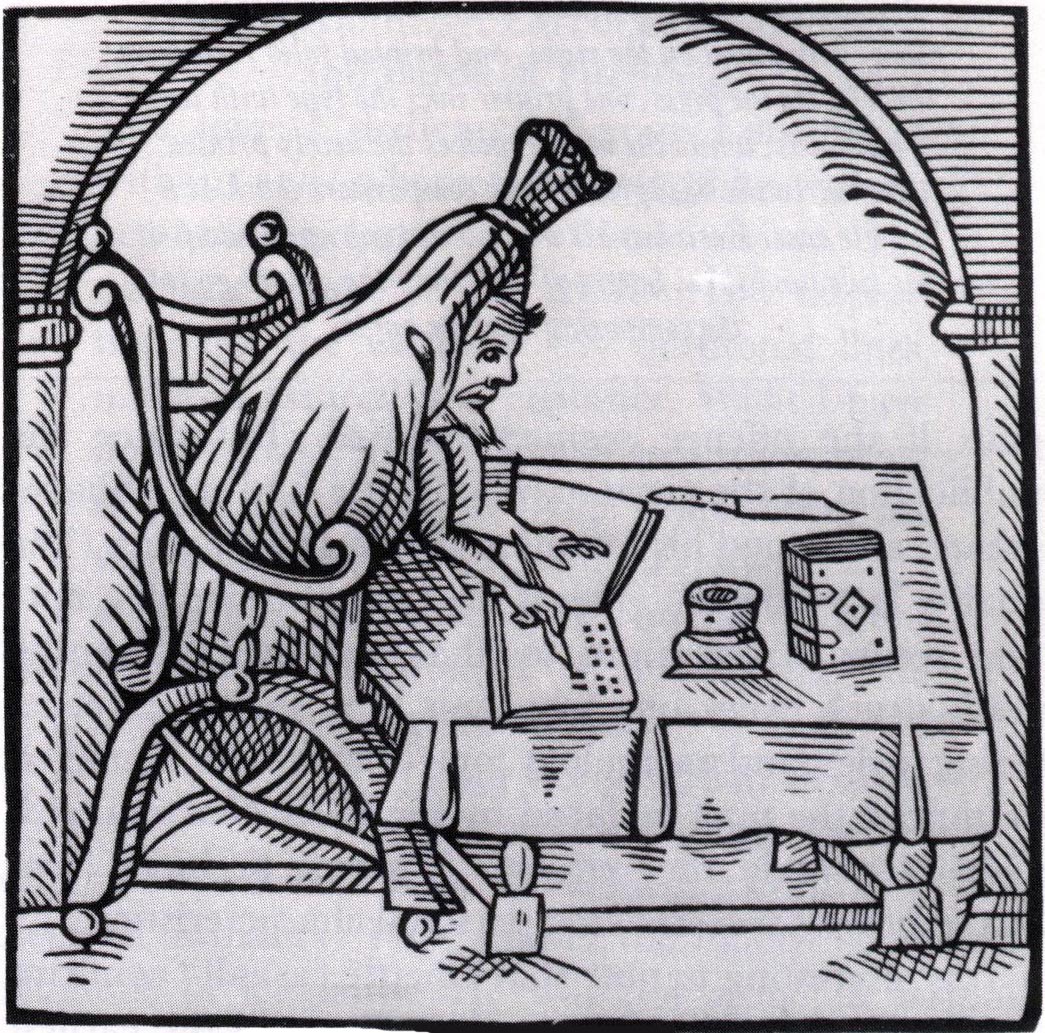I’m aware of the organic nature of living languages and their need to adapt. If I forget, a glimpse of Chaucer brings me up short. His poetry shows just how much a language can change in six centuries.
The remarkable capacity of English to absorb fresh concepts and to express new ideas and technology enables it to rule science, commerce and navigation. And, as our enviable literature shows, this utility has not compromised its beauty. Our English is in good shape.
Editors and writers have a duty to keep it that way. Since youth I have appreciated W.H. Auden’s poetry, but my esteem for the writer skyrocketed when I read his 1972 interview by The Paris Review. He was asked: “I wondered which living writer you would say has served as the prime protector of the integrity of our English tongue … ?”
Auden retorted: “Why, me, of course!”
I believe a large part of that integrity speaks to maintaining word distinctions, such as adverse/averse, affect/effect, allusion/illusion, career/careen, complement/compliment, continuous/continual, discrete/discreet, founder/flounder, hung/hanged, imply/infer, lay/lie or literally/figuratively.
These distinctions are at risk. I’m not talking about what appears in mindless online comments — I see erosion in good newspapers, magazines and books.
Sadly, disinterested no longer implies objective. It has supplanted the feebler uninterested, which, lacking a hard prefix, didn’t stand a chance. Now someone can be appraised of recent developments, a telephone will ring continuously and miscreants flaunt the law.
Because dictionaries today respond to democratic usage, these solecisms, if sufficiently abundant, receive grudging authorization. Democracy absolves carnage. So when 51 per cent of us decide that two and two are five … well, you know the rest.
Hence, English evolves not only in response to emergent concepts, but through ignorance and inattention. It’s not keeping me awake nights, but I find I wince a lot more while reading or listening.
Long ago, the British essayist Isaac D’Israeli (1766–1848), now remembered as the father of a prime minister, remarked, “While language is forming, writers are applauded for extending its limits; when established, for restricting themselves to them.”
Perhaps, he had me in mind.
Previous post in the « Wasted Words » series: A Compulsion to Exaggerate
The Editors’ Weekly is the official blog of Editors Canada. Contact us.
Discover more from L'HEBDOMADAIRE DES RÉVISEURS
Subscribe to get the latest posts sent to your email.
